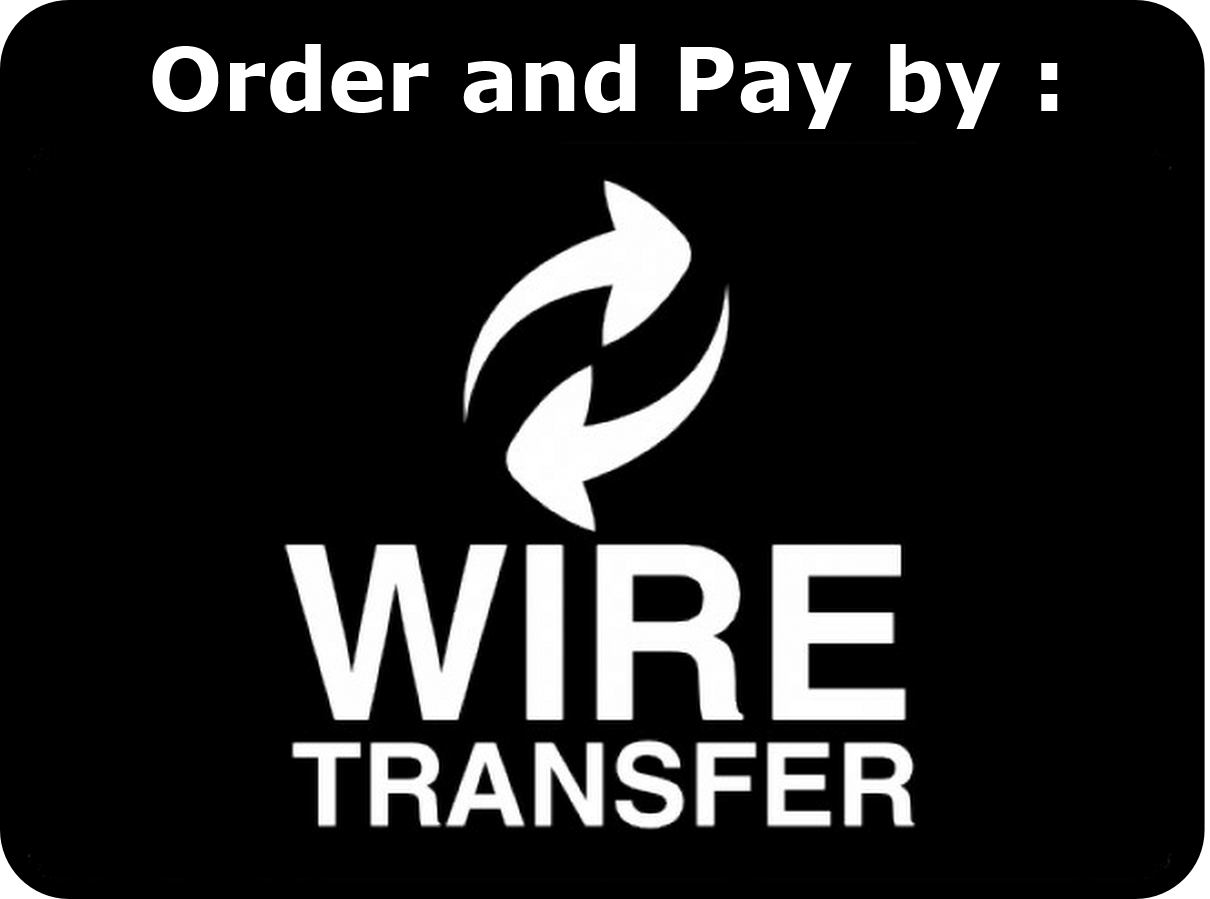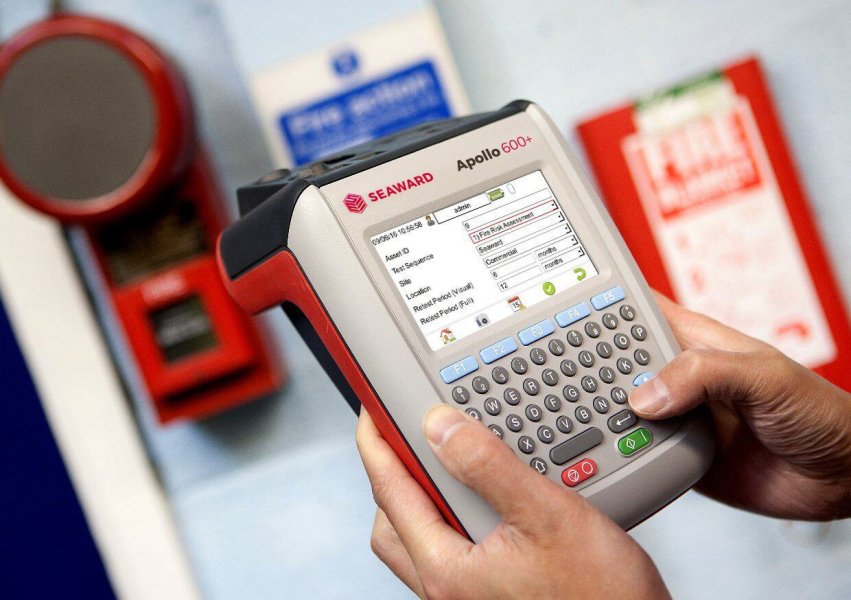If you’re new to financial transactions, wire transfers can seem like a complex and mysterious method of moving money. However, once you understand the basics, you’ll find that wire transfers are a secure and efficient way to send and receive funds, even in a country like Pakistan. In this beginner’s guide, we will demystify the process of Wire Transfers in Pakistan, covering everything from the fundamentals to important details specific to Pakistan.
Understanding Wire Transfers in Pakistan
Wire transfers, often called bank transfers, are a prevalent method of moving funds between Pakistan’s individuals, businesses, and financial institutions. They play a crucial role in the country’s economic landscape, offering a reliable and secure way to transfer money. This section will delve deeper into the nuances of wire transfers in Pakistan.
What is a wire transfer?
A wire transfer, in the context of Pakistan, is a digital transaction that involves the electronic movement of funds from one bank or financial institution to another. It’s essentially an electronic message instructing the receiving bank to credit the recipient’s account with the specified amount of money.
Why use wire transfers in Pakistan?
Wire transfers in Pakistan offer several advantages, making them an appealing choice for individuals and businesses. Here are some of the key reasons why wire transfers are commonly used in the country:
- Speed: Wire transfers are one of the fastest methods of sending money. Whether you need to make an urgent payment or send funds to a needy family member, wire transfers ensure the money reaches its destination swiftly.
- Security: Wire transfers are highly secure. They are initiated and processed through a well-regulated and encrypted system, reducing the risk of fraud or unauthorized access to your funds.
- Convenience: A wire transfer can be done from the comfort of your home or office. Most banks in Pakistan provide online and mobile banking services, allowing you to initiate wire transfers easily.
- Reliability: Wire transfers are a dependable way to ensure that your funds are delivered to the recipient without the uncertainties that sometimes accompany other methods like checks.
- International Transactions: Wire transfers are often the preferred method for handling large sums of money across borders for businesses engaged in international trade. They provide a direct and efficient way to pay suppliers or receive funds from international clients.
How to Initiate a Wire Transfer in Pakistan
Initiating a wire transfer in Pakistan involves ensuring your money is sent securely and accurately to the intended recipient. Whether you are transferring funds within the country or internationally, the following steps will guide you through the process.
Choose the Right Financial Institution
The first step in initiating a wire transfer is to select a reputable bank or financial institution in Pakistan. Different banks may offer various features, fees, and exchange rates, so choosing the one that aligns with your needs and preferences is essential.
Gather the Necessary Information
Before heading to the bank, gather all the required information for the wire transfer. This information includes:
- Recipient’s Full Name: Ensure you have the complete and accurate name of the person or entity receiving the funds.
- Recipient’s Bank Account Details: You’ll need the recipient’s bank account number and the name of their bank.
- Recipient’s Bank’s SWIFT Code: The SWIFT code is a unique identification code for the recipient’s bank. This code is crucial for international wire transfers.
- Your Account Information: You must provide your account details, including your account number and any specific information required by your bank.
- Purpose of Transfer: Some banks may ask for the reason for the wire transfer, especially for international transactions. Be prepared to provide a brief description.
Fill Out the Wire Transfer Form
Once you’ve gathered all the necessary information, visit your chosen bank or financial institution. At the bank, you will need to complete a wire transfer form. The bank typically provides this form and will require you to input the following information:
- Your personal or business information.
- The recipient’s information, including their full name, bank account details, and SWIFT code.
- The amount of money you wish to transfer.
- The purpose of the transfer.
- Are there any specific instructions or additional information related to the transfer?
Double-check all the information you’ve entered on the form for accuracy.
Verify the Details
Before finalizing the wire transfer, verifying all the details you’ve provided is crucial. Ensure the recipient’s information is correct, as any inaccuracies can lead to delays or complications in the transfer process.
Pay the Fees
Wire transfers typically involve fees, depending on the bank, the amount being transferred, and whether the transfer is domestic or international. Be prepared to cover these fees when you initiate the transfer.
Common Wire Transfer Mistakes to Avoid
Wire transfers are generally a safe and efficient way to send money, but they have their share of potential pitfalls. To ensure a smooth and successful wire transfer, it’s crucial to be aware of and avoid common mistakes. Here are some of the most prevalent mistakes to watch out for:
Incorrect Recipient Details
One of the most common mistakes in wire transfers is providing incorrect recipient information. It’s essential to double and triple-check the recipient’s full name, bank account number, and the bank’s SWIFT code. Any mistakes in this information can lead to delays or even failed transfers.
Omitting Purpose of Transfer
Some banks, especially for international wire transfers, may require you to specify the purpose of the transfer. Failing to provide this information can result in complications or additional verification steps.
Ignoring Transfer Fees
Wire transfers come with fees, which can vary depending on the amount transferred, the type of transfer (domestic or international), and the financial institution. Knowing the fees and ensuring you have enough funds to cover them is important.
Lack of Security Precautions
While wire transfers are secure, taking precautions is essential to prevent fraud and unauthorized access to your account. Use secure networks and avoid conducting transfers on public Wi-Fi networks. Keep your wire transfer details confidential, and never share sensitive information.
Not Verifying Recipient Details
Before initiating the transfer, verify the recipient’s details one more time. Contact the recipient to ensure you have the most up-to-date and accurate information.
Conclusion
In summary, wire transfers are a reliable way to send money in Pakistan. They offer security and speed, making them suitable for various financial transactions. By following the steps outlined in this beginner’s guide, you can confidently initiate wire transfers and ensure the safe delivery of your funds.





